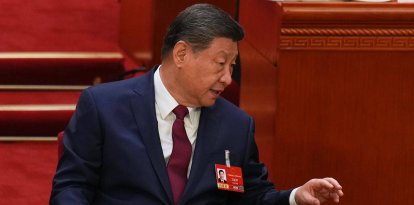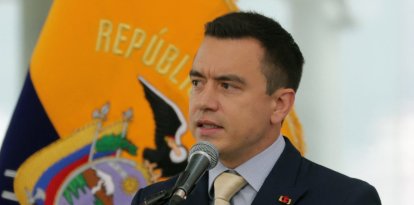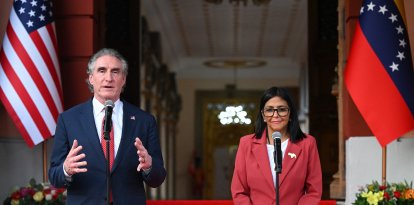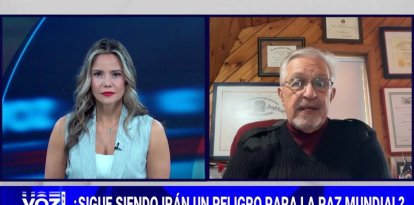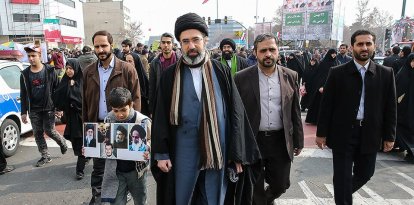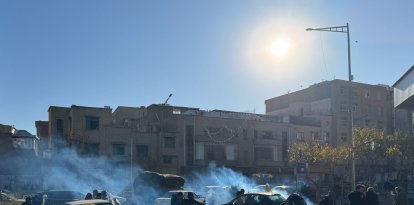At least six dead as Hurricane 'Oscar' sweeps through Cuba, leaving millions without power
The Cuban government warned against the demonstrations that have sprung up since the blackout began days ago. The cyclone and the lack of electricity add to a context of economic crisis and repression.
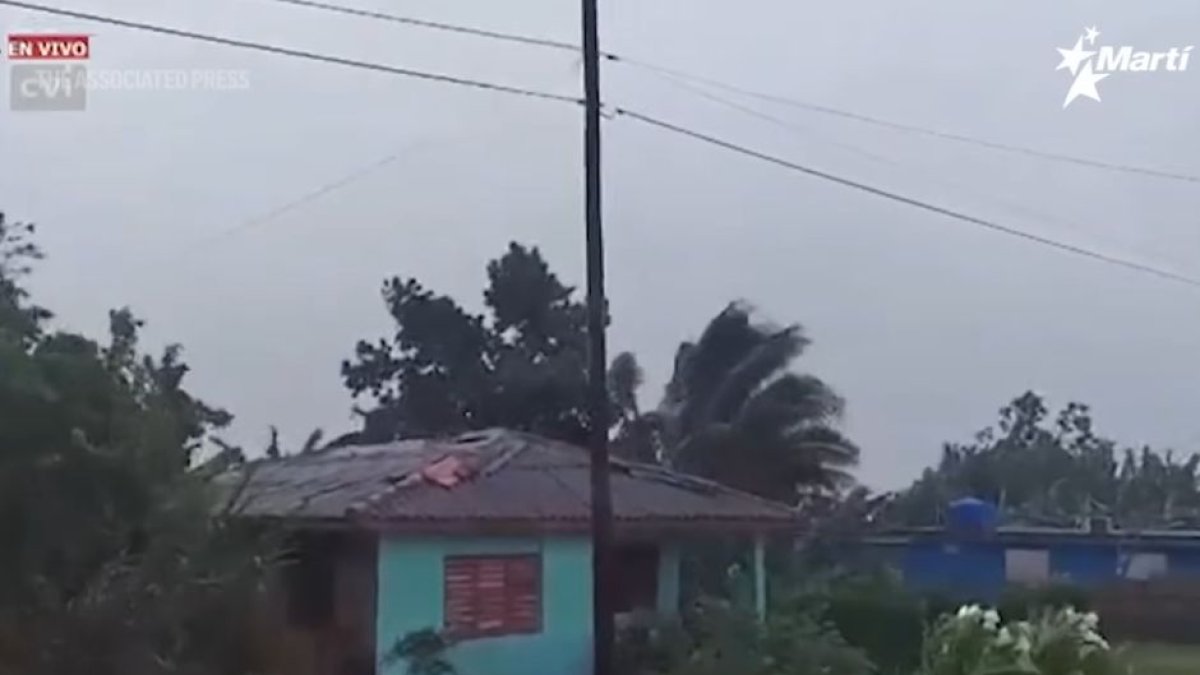
Hurricane 'Oscar' in Cuba
Hurricane Oscar struck Cuba as the country entered its fourth day without power following the first total blackout on Friday. On Sunday, hurricane-force winds entered the coastal city of Baracoa, flooding streets and homes as rivers surged, and tearing down roofs, walls, poles, and trees.
The government confirmed at least six deaths. President Miguel Díaz-Canel said, in words picked up by AFP, that the armed forces are carrying out rescue work in the municipalities of San Antonio del Sur and Imías. Both were left with inaccessible areas due to flooding.
Oscar left the island as a tropical storm, after entering as a category 1 hurricane when there were reports of pots and pans banging and protests in different parts of the country to protest the lack of energy. In his last statement, Díaz-Canel, who blames the United States for the blackout, assured that 36% of the electricity supply had been restored, which means that millions of people were still without water, gas or electricity after the cyclone.
Renewed repression
Wearing a military uniform, the Cuban president made threats against those who participate in demonstrations during a meeting of the National Defense Council broadcast on television: "They will be prosecuted accordingly with the rigor contemplated by the revolutionary laws."
Dozens of people, including women with children in their arms, went out to protest in different neighborhoods of the country during the last few days shouting "put the lights on," in the dark and banging pots and pans. Although blackouts are nothing new in Cuba, the situation has worsened significantly in recent weeks.

Entertainment
'Patria y Vida': The documentary that shows the cruelest side of Cuba's decadent dictatorship
Williams Perdomo
According to AFP, electricity on the island is generated by eight worn-out fuel-dependent thermoelectric plants, which in some cases have broken down or are undergoing maintenance, as well as by several floating plants - which the government rents to Turkish companies - and generators.
The double scourge of the blackout and the hurricane occurred in a context of high inflation, food and medicine shortages, and an "increase in repression," in the words of the Cuban Observatory for Human Rights (OCDH).
In September, the OCDH reported 286 "repressive actions." These included 63 arbitrary detentions. In addition, abuses against political prisoners, harassment by police forces, arbitrary sentences were recorded.













